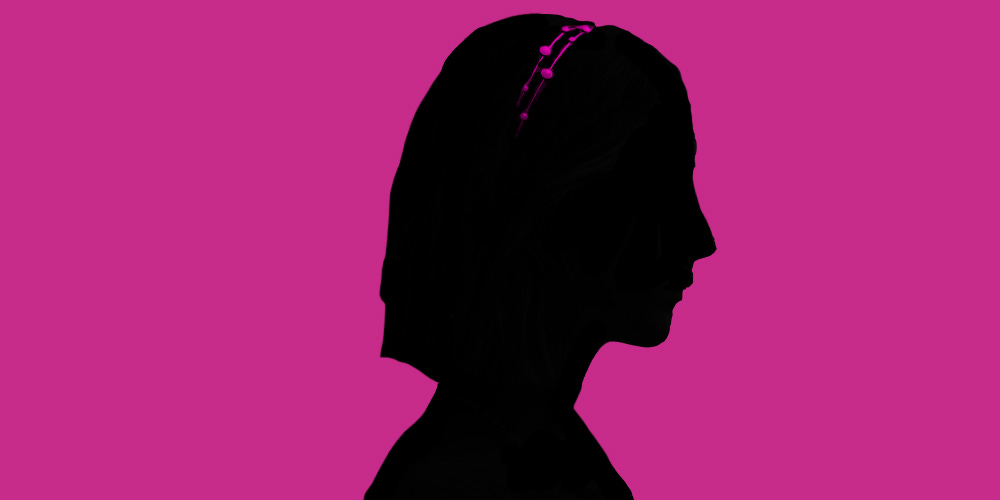Barbenheimer: 'Lady Bird'
July 21 will see the simultaneous release of writer/director Christopher Nolan's Oppenheimer and Barbie, directed by Greta Gerwig from a script she co-wrote with Noah Baumbach. In anticipation of this momentous event, I am become BARBENHEIMER, the retrospective of worlds. We continue today with Gerwig's first solo outing as a writer/director, 2017's Lady Bird.
They say that the more specific you make your story details, the more broadly relatable that story becomes. You think your family was crazy, or your experience as a first-generation American in an immigrant family was wholly unique to your ancestral culture, or the particulars of your most passionate love were things you and you and you alone could understand - and then it turns out that, no, actually, lots of people get exactly what you're saying. With regards to human emotions, the gift wrapping may change, but what's in the box stays more or less the same.
Case in point: I'm a couple of years older than Greta Gerwig, we grew up on opposite coasts, she went to an all-girls Catholic school and I went to a unisex secular school that was predominantly populated by reformed Jews, and she's a woman whereas I am, y'know, not. And yet, I find Lady Bird to be just, like, insanely relatable.
On paper, Lady Bird is a fairly standard coming-of-age story, inventive in neither its narrative nor its form. Set in Sacramento in 2002, the movie follows a high school senior, Christine "Lady Bird" McPherson (Saoirse Ronan), as she struggles with familial relationships, issues of identity and self-esteem, her place in the social hierarchy, her hopes and dreams for her future, her first romantic and sexual relationships, and the impending arrival of her adult life. The supporting characters, similarly, are all familiar archetypes: The loyal but nerdy best friend (Beanie Feldstein), the closeted theater boy (Lucas Hedges), the pretentious, humorless bad boy (Timothée Chalamet), the snotty popular girl (Odeya Rush), the overbearing mother (American goddamn treasure Laurie Metcalf) and quietly supportive father (Tracy Letts, who just so happens to be one of his generation's greatest playwrights). Other directors filming the same script might have made a very pedestrian movie - or, worse, a very cartoonish one (Lady Bird ultimately falls into that trap only once, when the varsity football coach is forced to take over as director of the school play). It's Gerwig's assured direction that makes Lady Bird the most memorable film of its kind since at least Greg Mottola's vastly under-appreciated Adventureland in in 2009 (it also very likely paved the way for Olivia Wilde's Booksmart, the most memorable film of its kind since).
It's not just that Gerwig is witty, or that she and editor Nick Houy give the movie near-perfect comedic rhythms (the use of abrupt, contrapuntal cuts here is A++++++). It's not even just the fact that Gerwig, unsurprisingly, draws top-notch performances out of her ridiculously talented cast (Metcalf deserved every award and nomination she garnered for this role and then some). It's the sense of verisimilitude that Gerwig brings to the proceedings that allows Lady Bird to fly. I have to imagine that Gerwig's experience as the First Lady of Mumblecore was a key factor here; there are so many sequences where it feels like she just let the cast go while she filmed. There's almost a Terrence Malick-esque quality about it, in the immediacy if not the lyricism. You can't really write moments like Lady Bird and her BFF, Julie, hanging out in a kitchen giggling on prom night, and have it feel this authentic, because it's not a scene so much as it's a vibe.
Something else which sets Lady Bird apart is the amount of focus it gives to the protagonist's mother, Marion (Metcalf - have I mentioned yet how good she is in this thing?). Lady Bird apparently began life under the title Mothers and Daughters, and while I can see why they ultimately changed it, it would have been totally appropriate. Marion isn't quite a co-protagonist here, but she's close (the first shot of the movie, literally, is Lady Bird and Marion sleeping in a motel bed together after a college visit), and Lady Bird's arc is largely connected to acknowledging that her mother loves her, even if she is a complete pain in the ass.
Which leads to the part of Lady Bird's script which might its most unusual asset: It goes on for about twenty minutes past where most movies of its kind would end. I don't mean that as a criticism - Lady Bird doesn't outstay its welcome. But most films would conclude at the airport; instead of Marion missing Lady Bird before she gets on the plane, the two would tearfully resolve their issues and have an emotional farewell. In fact, it seems safe to assume that Gerwig is playing with the audience's expectations regarding such an ending here.
Instead, the story follows Lady Bird in her first weeks at college in New York City, far, far, away from home, and it shows her fucking up in a pretty major way (she ends up in the hospital with alcohol poisoning). But it's not a cautionary tale! On the contrary - Lady Bird's health scare is what leads to her calling Marion to express appreciation after eighty minutes of near-constant conflict between the two. It is, when you think about it, a very grounded take on late adolescence and early adulthood: Mistakes will be made, all parents know failure, and in the long term, things are probably going to be more or less alright.
How good is Lady Bird? I don't even mind that it prominently features Dave Matthews on the soundtrack. If that's not high praise, nothing is.
https://www.youtube.com/watch?v=cNi_HC839Wo&pp=ygURbGFkeSBiaXJkIHRyYWlsZXI%3D



